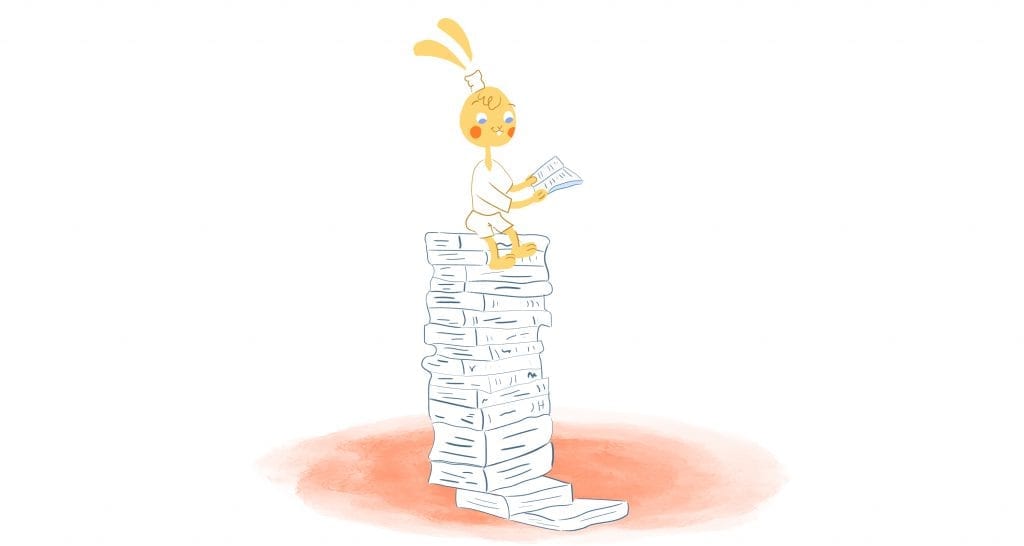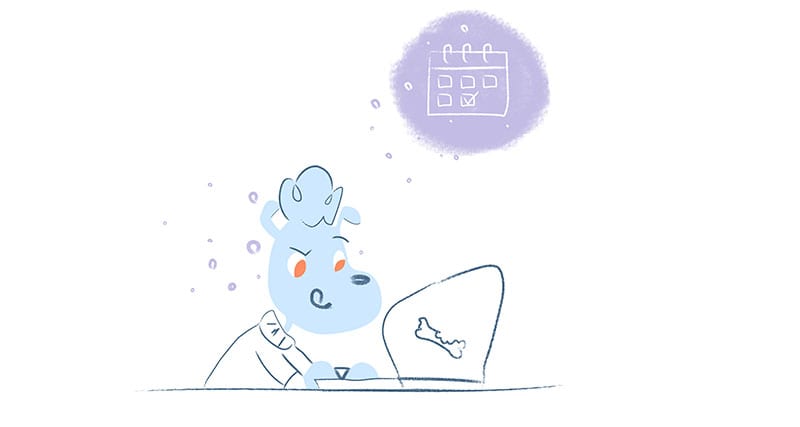

Leaders should learn how to manage stress and time more effectively. There is never enough time to do everything without focus.
The United States has a new president, and Pfizer unveils a promising candidate for a vaccine. However, leaders have an opportunity to use this time to be more agile, find more focus, to prepare for the next 2021.
While stocks are still volatile, the times may be uncertain. Leaders should learn how to manage stress and time more effectively. It seems like there is never enough time to do everything in this age of constant communication. It is worth spending a few minutes learning time management techniques.
Focus Your Time Before it Masters You
Being productive is not the same thing as being busy. Despite doing a lot of different things simultaneously, you might feel like you have achieved little. While you may be doing a lot of work — it is possible not to finish the tasks or spend more time on the wrong activities.
Your team is the same. It is how you focus each activity and how long you devote to them that makes the difference. The system causes 96% of the problems, mistakes, and successes we create over time.
Time management is the process of creating your daily routine. You will need a “system” to prioritize and assign tasks in your daily routine. These five behaviors, known as the 5F, can help you manage your time better.
Fly high: Visualize and plan all tasks.
The best way to define your main tasks is to have a bird’s-eye view or a holistic view of all the projects you are working on. To be able to envision what you see and how you might encounter problems, you need to develop the habit of visualizing the main tasks.
Let’s begin with this: What is my task for next week? Take a moment and write the information down. Then apply the 80-20 Pareto law. John Maxwell says that 20% of your activities will make up 80% of your success. If you have ten items on your list, then you can accomplish 80% of your goals if you only do two of them.
First, determine which tasks are most essential and which are the most urgent. Then, create a schedule to accomplish these tasks.
Focus. Focus on one task at a given time.
Keep your priorities in mind and focus on one task at a time. Stephen Covey once said, “Unless something else is happening, not something more urgent,” and that we should be disciplined to follow our plans. You can break down projects into smaller pieces, which means that tasks should not exceed one to three hours.
You won’t lose your way in a large project and can make changes more quickly.
Get rid of all unnecessary calls and messages, as well as food and clutter, in order to complete the task. Then, do not worry about the next step.
Flow: Enjoy each task as though it were your only task
Did you ever lose track of time doing something you enjoyed? This is called flow. This is a unique state of mind that motivates people to do their best work no matter what job they have. You become so absorbed by the challenge that you lose track of time.
The focus of this step is to follow your routine without thinking and flow in it. For example, Tony Robbins has a morning routine that he uses to increase his energy levels and productivity for the day.
Mark Zuckerberg uses jeans, sneakers, and a gray T-shirt for his “work uniform.” Zuckerberg’s process is so he doesn’t have to think about what he must wear every day. Using this type of thinking can really help you and is the key to many parts of your life. Do not change your most important tasks until they are completed.
You can have a daily meeting with your remote team. Unexpected issues can arise. For example, you might get caught up in a phone conversation, or your main report is not ready to go for the meeting. To avoid getting stressed, plan ahead how you will deal with these inflection points. Then just keep going with your routine. Enjoy the flow. You can keep going until the routines become a habit and feel natural. When you have a great new habit, it’s good for you and for anyone you work with.
Focus: Complete the task before moving on to the next.
Knowing what tasks to complete and what tasks to abandon is the key to getting things done. Sometimes, it can be challenging to complete tasks because you are distracted or second-guess yourself. Sometimes you start emails you don’t send, or you start analysis you don’t finish. What is wrong? There are three things you can do to avoid this in the future.
* Schedule a time-box for each activity. If possible, add it to your calendar
Accept what you’ve done. Perfection is not the enemy of action. James clarifies, “If my Tuesday deadline is to publish an article, it doesn’t matter what I feel about the article. I do my best and stick to the schedule.” Sometimes you’re too hard on yourself.
Image Credit: Binti Malu; Pexels; Thank you!










Abby Miller
Student at UC Berkeley, currently working on a degree in Electrical Engineering/Computer Sciences and Business Administration. Experienced in CSX, productivity management, and chatbot implementation.